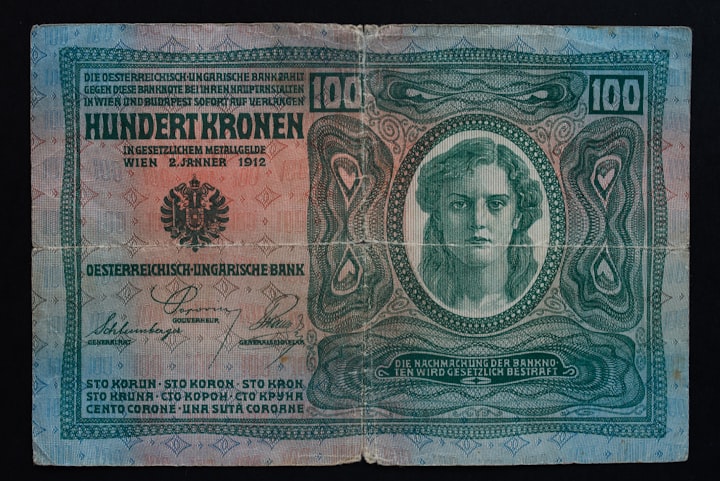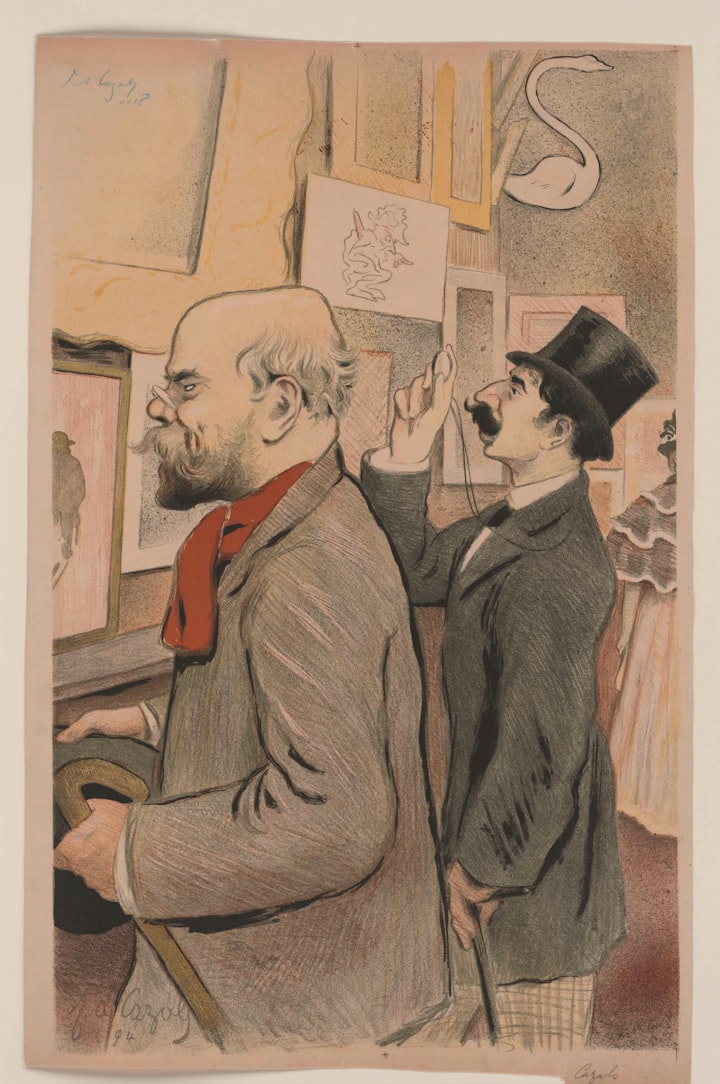
Money has been a fundamental aspect of human civilization for thousands of years, serving as a medium of exchange and a store of value.
The history of money is a fascinating subject, tracing the evolution of currency from ancient times to the present day.
The earliest forms of money were primitive and simple, such as shells and beads. These were used as a medium of exchange in ancient civilizations such as Mesopotamia and Egypt.
As trade and commerce developed, more complex forms of currency emerged, such as metal coins. The ancient Greeks and Romans used gold and silver coins, while the Chinese used bronze coins.
The Middle Ages saw the rise of paper money in Europe, primarily in the form of banknotes issued by private banks. These banknotes were backed by gold or silver and were widely accepted as a form of currency.
However, the use of paper money was not without its problems, as many banks issued more notes than they had gold or silver to back them. This led to inflation and financial crises.
During the industrial revolution, the use of paper money became more widespread. Governments began to issue their own paper money, which was backed by the full faith and credit of the state.
This allowed for greater stability and predictability in the monetary system. However, it also made the monetary system vulnerable to government manipulation and inflation.
In the 20th century, the world moved towards a fiat monetary system, in which money is not backed by gold or silver, but by the government's promise to accept it as payment for taxes.
This has allowed for greater flexibility in monetary policy, but it has also led to concerns about inflation and the potential for governments to debase their currency.
In recent years, digital currencies such as Bitcoin have emerged as a new form of currency. These currencies are decentralized and operate on blockchain technology, which allows for secure and transparent transactions.
While digital currencies are still a relatively new phenomenon, they have the potential to revolutionize the way we think about money and the monetary system.
It is worth mentioning that as the economy and technology progressed, money also evolved to adapt to the changes.
For example, the invention of credit and debit cards have made transactions much more convenient and accessible, and the rise of online shopping and e-commerce has led to the development of digital wallets and mobile payments.
The current global pandemic has accelerated the shift towards contactless and digital transactions. The trend toward digital money is showing no signs of slowing down and it is likely that the future of money will continue to be shaped by technology.
The next step in this evolution may be the widespread adoption of central bank digital currencies (CBDCs) which are currently being experimented with and researched by several countries around the world.
In conclusion, the history of money is a complex and fascinating subject that spans thousands of years. From shells and beads to digital currencies, the evolution of currency has been shaped by the economic, social, and political forces of the time.
As we continue to move forward, it will be interesting to see how the monetary system will evolve and adapt to the changing world.
Thank you so much for reading my observation I hope you found this helpful :)
❤️ Enjoy this read.
Found this helpful? Please use this link to Buy a coffee for me, it’ll help me to cover more things deeply.
Anything else? Drop your comment. I would love to hear from you and continue the discussion! 🖤
Your next read → What Is Humanity?
About the Creator
Zohaib Ali 🌱
I'm Zohvib (pronounced as Zohaib), Through Vocal and other digital publications, I tell stories that help readers to close the gap between where they are and where they want to be. 🗿






Comments
There are no comments for this story
Be the first to respond and start the conversation.